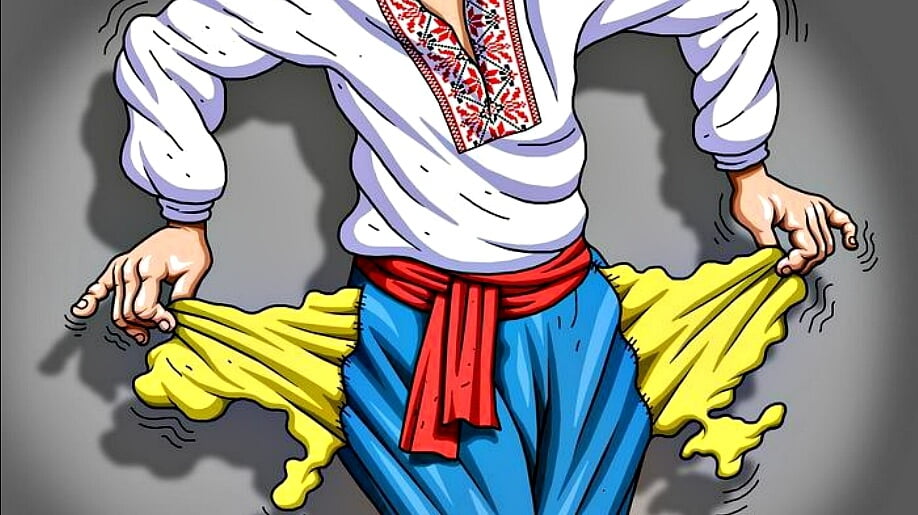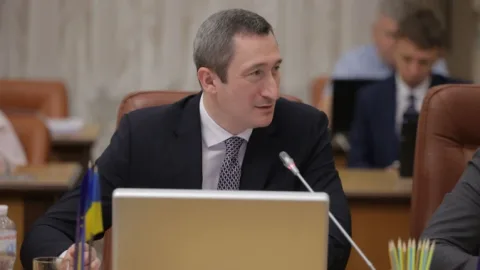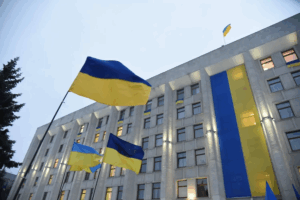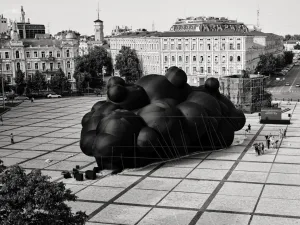Club of the belated modernizers

By Valeriy Pekar for nv.ua
Under the curious gaze of developing countries, Ukraine tries new social technologies
Western Europe went through modernization in the XVI-XIX centuries, Eastern Europe – in the XIX-XX centuries, and Ukraine is the last major European country that has yet to go through modernization (Russia does not count since it is basically an Asian country, if not geographically, then certainly in regard to its historical development).
We are not alone in the club of belated modernizers. Other post-Soviet states, a number of Islamic countries, and Latin American countries are all in the club with us. India and China are honorary members: they too must cross the barrier and modernize. All these countries have in place many prerequisites for modernization but either the course for modernization has not yet been fully deployed or it is taking place in a limited area, in technology. In Brazil, for example, the aerospace industry is a success, just as it is in Ukraine, and some would call Brazil a technologically advanced country, but it is hardly a thriving country: there is great social inequality and the social institutions it has are fragile.
Yes, a technologically advanced country can launch spaceships into space even as old paradigms in thinking and values are still in place. But because the facility for developing essential human capital is lacking simply because other sections have not been modernized that country will quickly lose its status as a technologically advanced country, turning into an Upper Volta with missiles. One does not have to look far to see what I mean.
Modernization is the exception rather than the rule. A quarter of the countries in the world have modernized and the remaining 75% are either trying to modernize or dreaming of modernizing. Ukraine will potentially raise the percentage of modernized countries to 26% as we strive to join the big league in the global arena.
It is precisely modernization that answers the question why some countries are poor while others are rich. Modernization includes transparency and equal opportunity in the market (without oligarchs, without monopolies, without the all-powerful bureaucrats), transparency in politics, an inclusion of ethnic minorities in politics and converting ‘subjects of the state’ into real citizens: people who are responsible and who demand that the ministers, appointed by the government, are responsible in return. This process of building a society that is reciprocally responsible can be painfully slow or it can be fast and bloody.
Modernization is often unsuccessful. We ourselves went through failed attempts, first in 1991 and later in 2005. Today the situation is different. Today 15-20% of the citizens in Ukraine are intent on working to achieve modernization. They are tired of living in poverty and being powerless. There are too many who would like to emigrate but cannot.
We must change our country. We have no choice
This is why the other members in the ‘club of the delayed modernizers’ are attentively watching Ukraine. Whether we want to or not we are a laboratory for testing new social technologies; we are a test site. Georgia was the test site that we Ukrainians watched; the tears of joy and sorrow in Georgia paved the way for us Ukrainians. Today the reformers of Georgia are here in Ukraine, helping us lift Ukraine out of misery. By observing and analyzing what Poland, Slovakia and the Baltic countries have done, each of which is different and unlike Ukraine, though closer to us than Singapore or South Korea who have also succeeded in modernizing, our reformers are trying to map a course for Ukraine.
Many dictators are rightly afraid that a ‘color revolution’ will arrive at their doorstep. Any example of a successful idea or movement is contagious, sometimes instantly, as the ‘Arab Spring’ has demonstrated. But it is not the foreign security services that should frighten the dictators, it is their own civic activists and independent media; strong independent religious organizations; the internet and social networks; universities and independent trade unions. These are the elements of a free society that inevitably give rise to a modern state. It is understandable why a dictator would hate the internet and education.
Dictators and other opponents of modernization have many supporters: besides the oligarchs and big landowners there are corrupt religious and trade union leaders, and most importantly, corrupt bureaucrats and agents of law enforcement. Six months ago the many-headed post-Yanukovich cartel lost its ‘chief head’ and after promising to ‘hear each and every one of us’ it has become more clever and more sophisticated.
The presence of a solid and vibrant minority, of people who feel personally responsible for the way things are developing is vitally important. We are lucky that we have that. If each one of us persuades at least one other person to join in the struggle, our presence and our effectiveness will be doubled.
EMPR, O. R. contributed to this publication
Tags:
corruption in Ukraine
























